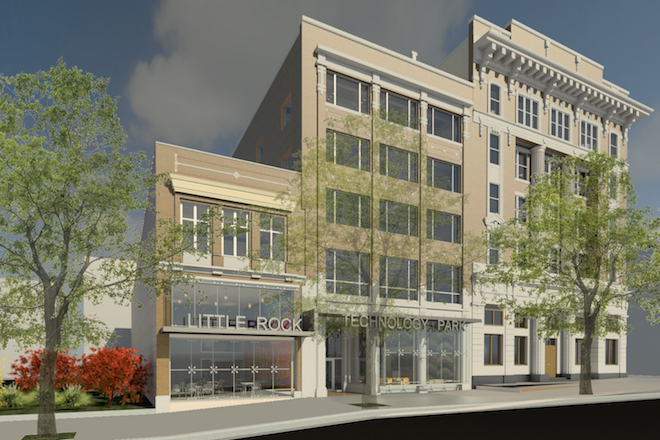
Private lenders that used to float on the fringes of the commercial real estate financing sector are stepping out of the shadows and becoming a more accepted financing alternative.
One of the primary drivers behind the shift is the abundance of capital. There is a lot of new money flowing into private lender shops from a variety of sources, including hedge funds, private equity and even sovereign wealth funds who are trying to capture higher yields.
“If you asked 10 people what private capital is, you would probably get 10 different answers,” says Shawn R. Hill, a principal at The BSC Group LLC, a mortgage banking firm based in Chicago. Theoretically, the term private lender could be loosely applied to any lender that is not a regulated bank, ranging from mortgage REIT to private equity groups. However, those groups are clearly seeing an influx of capital, he adds.
Case in point is Eagle Group Finance Loan Corp. The Los Angeles-based company has seen steady growth in its business since it expanded into private lending in 2008. In fact, Eagle Finance expects to double its lending in 2015 with $100 million in loans.
“Even now when banks have so much money and they say they’re lending more—they actually aren’t. They are only lending more to their preferred borrowers who have pristine credit and property on Main and Main,” says Brian Good, president of Eagle Finance Group.
Over the past several years, Eagle Finance has seen steady demand from borrowers, most notably on deals the banks won’t touch. The firm provides non-recourse short-term bridge loans of less than three years on commercial real estate and multifamily properties in western United States. In most cases, the property is in transition or the borrower is looking to clear-up credit issues, notes Good. Loans range from $2 million to $20 million and terms from six months to three years.
The search for higher yields is certainly drawing more capital into the private lending sector. At Eagle Finance, for example, rates range from 8 percent to 12 percent, double that of a traditional bank. “There is a lot of money coming into this sector,” says Good. Hedge funds, for example, are not hanging out a shingle, but rather they are pacing capital with firms that specialize in real estate lending and have the expertise.
View entire post at National Real Estate Investor.
To discuss commercial real estate financing needs contact Liberty Realty Capital.




